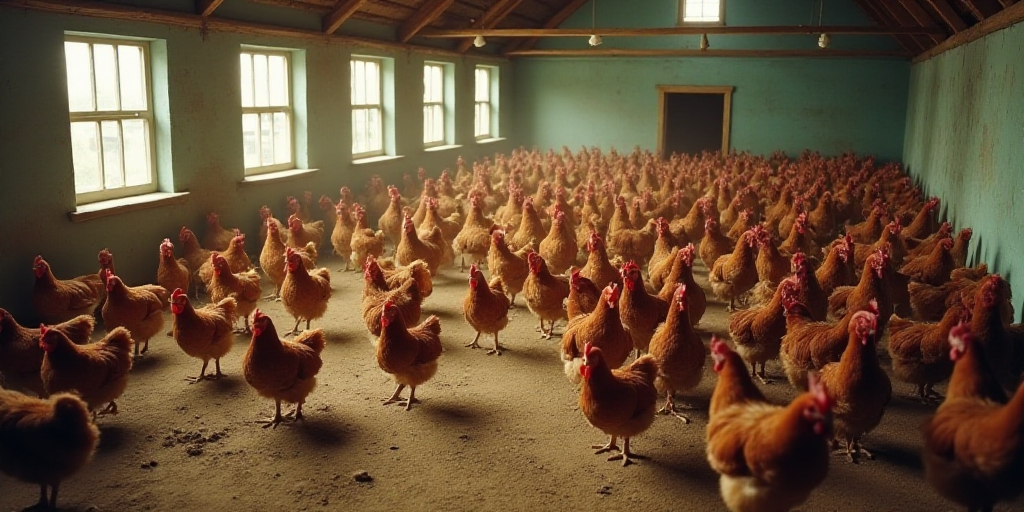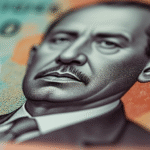Background on the Situation
Mexico’s Secretaría de Agricultura y Desarrollo Rural (Sader) announced the temporary suspension of poultry imports from Brazil to safeguard Mexico’s domestic poultry industry. This decision comes after the Brazilian Ministry of Agriculture and Livestock (MAPA) confirmed the presence of the highly pathogenic avian influenza virus H5N1 in a commercial poultry farm located in Montenegro, Rio Grande do Sul.
Brazil’s Poultry Industry and Its Global Significance
Brazil is the world’s largest producer and exporter of poultry meat, with a vast territory covering over 8 million square kilometers. The country’s poultry industry plays a crucial role in the global market, supplying numerous countries with poultry products. Several nations, including Japan, Saudi Arabia, the United Arab Emirates, and the Philippines, have already approved regionalization of avian influenza, recognizing different levels of geographical restrictions based on municipality or state.
Mexico’s Precautionary Measures
In response to the H5N1 outbreak, Mexico’s Sader decided to halt imports of poultry products from Brazil. The suspension includes chicken meat, fertile eggs, live poultry, and other avian-related materials. This action aims to prevent potential zoosanitary risks to Mexico’s poultry production.
- Suspended Products:
- Chicken meat
- Fertile eggs
- Live poultry (up to three days old)
- Poultry by-products for human consumption
- Poultry raw materials for pet food production
- Ornamental and predatory birds
- Rationale:
The Sader stated that the suspension is a precautionary measure to protect Mexico’s poultry industry while awaiting further zoosanitary information from Brazil regarding the outbreak management.
Brazil’s Response and International Context
The Brazilian MAPA emphasized the robustness of their inspection system, which quickly identified and isolated the H5N1 case in Montenegro-RS. They reaffirmed their commitment to sanitary agreements with trading partners, adhering to regionalization principles as defended by the World Organization for Animal Health (OIE).
Impact on Mexico’s Poultry Market
Mexico imported 213,000 tonnes of Brazilian poultry in 2024, marking a 22.6% increase from the previous year. The suspension may temporarily affect Mexico’s poultry supply chain, as the country relies heavily on Brazil for its poultry imports.
Key Questions and Answers
- What is the reason for Mexico’s suspension of poultry imports from Brazil?
- Which products are affected by the suspension?
- Why is Brazil’s poultry industry significant globally?
- How will this suspension impact Mexico’s poultry market?
Mexico suspended poultry imports from Brazil to protect its domestic poultry industry due to the confirmation of highly pathogenic avian influenza H5N1 in a commercial poultry farm in Brazil.
The suspension includes chicken meat, fertile eggs, live poultry, and other avian-related materials.
Brazil is the world’s largest producer and exporter of poultry meat, supplying numerous countries with poultry products. Several nations have already approved regionalization of avian influenza, recognizing different levels of geographical restrictions.
Mexico imported a significant amount of poultry from Brazil in 2024, and the suspension may temporarily affect its poultry supply chain. However, the long-term impact remains to be seen as Mexico evaluates reducing restrictions based on further information from Brazil.






